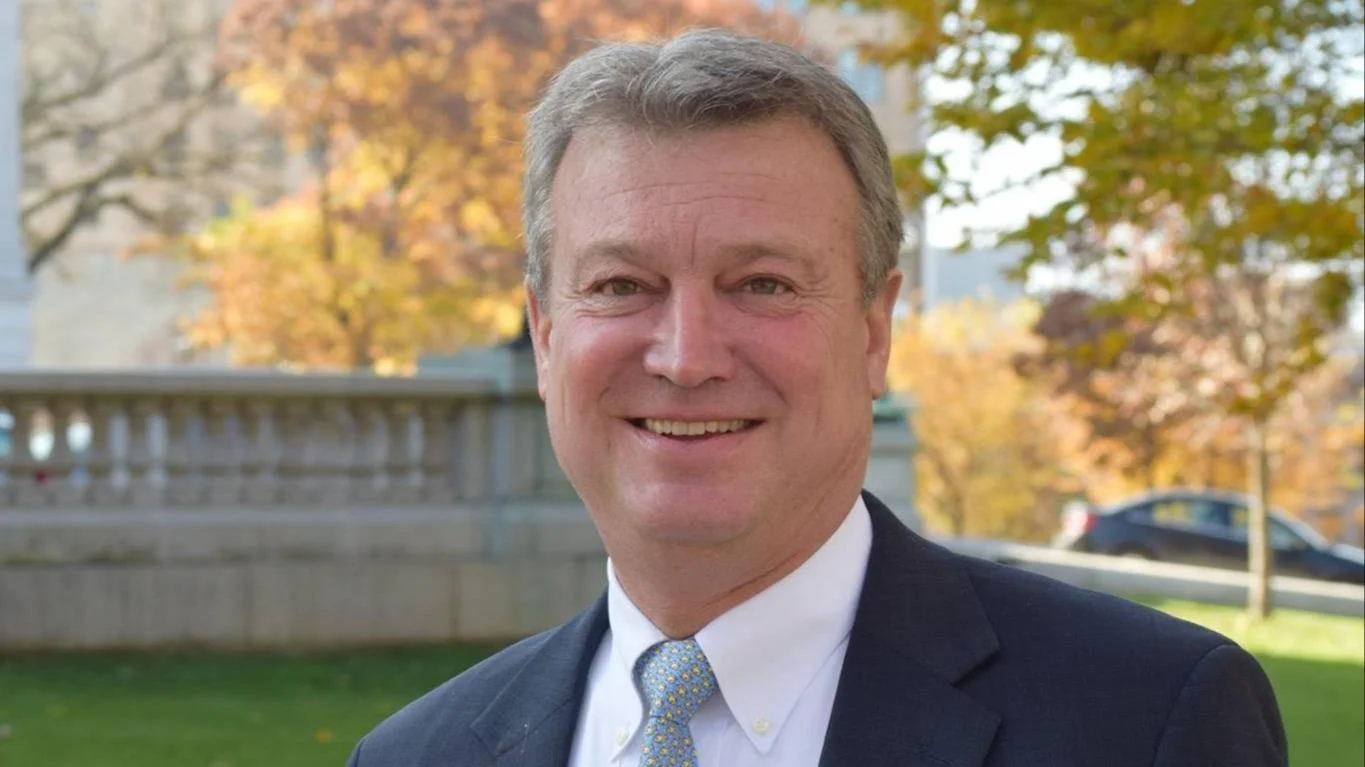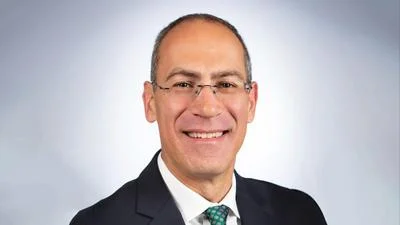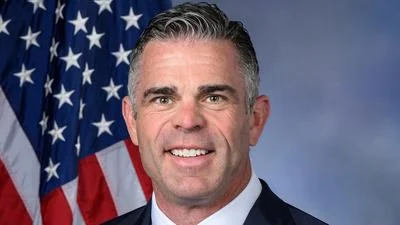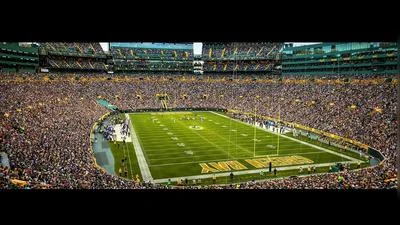Joel Kitchens, Wisconsin State Representative for 1st District | www.facebook.com
Joel Kitchens, Wisconsin State Representative for 1st District | www.facebook.com
According to the Wisconsin State Legislature's official website, the bill was described as follows: "property tax exemption for nonprofit theaters. (FE)".
The following is our breakdown, based on the actual bill text, and may include interpretation to clarify its provisions.
In essence, this bill modifies the property tax exemption criteria for nonprofit organization-owned or leased properties that include theaters for performing arts. The exemption is extended to both indoor and outdoor theaters with a minimum seating capacity reduced from 400 to 240 persons. Additionally, the requirement for IRS confirmation of tax-exempt status has been updated; the organization must possess a determination letter issued by the IRS no later than Oct. 1, 1990, rather than July 31, 1969. The bill, applicable from Jan. 1, 2025, repeals the existing exemption statute 70.11 (29p) and renumbers 70.11 (29m) as 70.11 (29m) (a).
The bill was co-authored by Senator André Jacque (Republican-1st District), Representative Jill Billings (Democrat-95th District), Representative Brienne Brown (Democrat-43rd District), Representative Cindi Duchow (Republican-97th District), Representative Tara Johnson (Democrat-96th District). It was co-sponsored by Senator Mark Spreitzer (Democrat-15th District) and Senator Chris Larson (Democrat-7th District), along six other co-sponsors.
Joel Kitchens has co-authored or authored another 30 bills since the beginning of the 2025 session, with none of them being enacted.
Kitches graduated from Ohio State University in 1979 with a BS.
Kitchens, a Republican, was elected to the Wisconsin State Assembly in 2015 to represent the state's 1st Assembly district, replacing previous state representative Garey Bies.
In Wisconsin, the legislative process starts when a senator, constituent, group, or agency proposes an idea for a bill. After drafting, the bill is introduced, numbered, and referred to a committee for review and public input. If approved, it moves through three readings and votes in both the Senate and Assembly. Once both chambers pass the same version, the bill goes to the governor, who can sign it, veto it, or let it become law without a signature. Only a small share of bills introduced each session ultimately become law. You can learn more about the Wisconsin legislative process here.
| Bill Number | Date Introduced | Short Description |
|---|---|---|
| AB185 | 04/15/2025 | Property tax exemption for nonprofit theaters. (FE) |
| AB159 | 04/02/2025 | Creating a rural creative economy development grant program. (FE) |
| AB119 | 03/11/2025 | Transfer of nursing home beds |
| AB90 | 02/28/2025 | Copies of and inspection or disclosure of information contained in certain vital records. (FE) |
| AB79 | 02/28/2025 | Prosecuting or adjudicating delinquent a person under the age of 18 for committing an act of prostitution |
| AB43 | 02/17/2025 | Permitting pharmacists to prescribe certain contraceptives, extending the time limit for emergency rule procedures, providing an exemption from emergency rule procedures, granting rule-making authority, and providing a penalty. (FE) |
| AB2 | 02/03/2025 | Requiring school boards to adopt policies to prohibit the use of wireless communication devices during instructional time |






 Alerts Sign-up
Alerts Sign-up